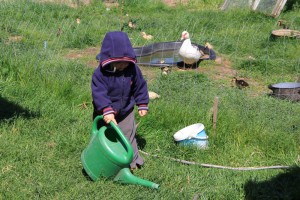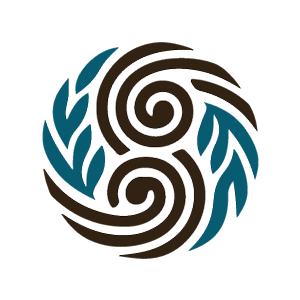

The situation of permaculture education in Bulgaria is quite particular. There is no regulation or system. It is even difficult for the core group of people to meet, because many of them have outside jobs, families, etc. We are still in an observational phase and would therefore find it much more beneficial to listen to representatives of other countries about how they are structuring permaculture education at home.
Table of contents
- Educational System in Bulgaria
- Permaculture organisations, courses and teachers in Ireland:
- Green School Village
- Want to add your info here? -> Read about contribution
- Update – How have the Permaculture Educational Structures changed in Bulgaria in the years 2012 – 2014?
- Strengths, Weaknesses and Opportunities (PDF)
Educational System in Bulgaria
Commented by Mihael Kossev, 16.10.2012 (via mail) The situation of permaculture education in Bulgaria is quite particular. There is no regulation or system. It is even difficult for the core group of people to meet, because many of them have outside jobs, families, etc. There is also other methods such at Biodynamics and Anastasia communes that are mixing with permaculture methods… This is all good, but it is difficult for us to fill out your questionnaire, or come up with any expectations for the meeting in Slovenia still. We are still in an observational phase among the teachers in Bulgaria. Many people have been trained and experienced abroad, but they are not making permaculture their main focus professionally (as far as I can tell, I am the only one)… and we would find it much more beneficial to listen to representatives of other countries about how they are structuring permaculture education at home, before we tell about our own structure (because right now we don’t have one) One of our goals for the Slovenia meeting is too see what everyone else is doing and evaluate how we can apply this to us. We want our role to be more observational right now, than active. Hopefully, by Februrary in Portugal, we will have some more structure and can show some examples of what is being done here. Overall, I feel as though any information I put into the questionnaire would be inaccurate without some more communication internally between other Bulgarian practitioners and this has not yet happened. I’m sorry for this. I hope this email is helpful to your evaluation however, since currently, I can vouch for a status “unknown” here in BG. top
Update – How have the Permaculture Educational Structures changed in Bulgaria in the years 2012 – 2014?
Mihael Kossev, Greenschool Village, Bulgaria, interviewed by Monika Frank 28th - 30th of June 2014 Before EPT there was only one permaculture site in Bulgaria, run by some families of foreigners who offered PC-courses (in english), which were not available for Bulgarians financially and languagewise. These courses were aimed at foreign clients who then went back home and did not contribute to a permaculture network in Bulgaria. In general, interest in PC and all sorts of green issues has increased already before 2012. Also the partnership was joined through the NGO ?Greenschool village? where PC is only one of their activities about ecological living. Mihael and Misha and other Bulgarian participants of the EPT meetings had a chance to look at models of organisation and how to manage PC learning on a national level. This brought likeminded people in Greenschool village more closely together and motivated them to launch the first PDC in Bulgarian in 2014, aiming at Bulgarians (free of charge), as an upfront-event of the European Permaculture Convergence, also taking place in Bulgaria in 2014. Through EPT, the young Bulgarian team learned different ways of teaching which they will put into action at this PDC. The effect will be two-fold: More people holding a PDC-certificate, theoretically able to persue their education towards a diploma; (for the near future, it is not a main topic to establish a pathways to diploma. Mihael is doing his diploma through the italian system.) On the other hand, a community of permaculturists will grow with people stepping up to teaching. For example, each year, the free PDC will be taught with the assistance of participants of the course in the previous year, "let it become a tradition" says Mihael. The advantage of being a small country: it touches many people very fast. Networks can grow quite fast and stable. The fact that the course is free of charge enables more naturally self organisation and is less stress for the organisors! In the long run, they want to find a place to establish a Pc demonstration and teaching centre.
Other effects of the EPT:
- got inspired from other countries and functional PC places across Europe.
- two active, Bulgarian permaculture teachers now in the country.
- quality of teaching improved; Misha larned from ?big? PC names (Mollison, Holmgren, Dorrenty, Morrow) and brings in this pedagocical knowledge, Mihael is bringing in a lot of practical experience, accompanying many english-speaking PDCs in Bulgaria in the past.
- Log in to post comments
